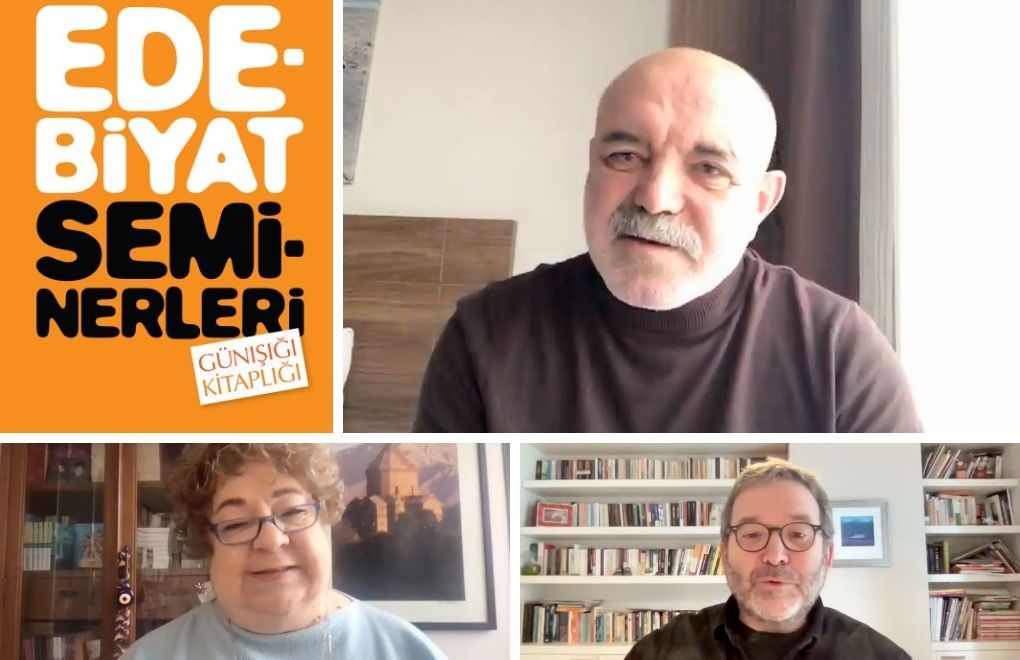Click to read the article in Turkish
Organized by the Günışığı Kitaplığı publishing house, the 15th Literature in Education Workshop for teachers, librarians and academics was held with the support of FMV Işık Schools. The workshop was watched by nearly a thousand participants from 69 cities.
'Child should choose her book herself'
Making the opening speech of the workshop, Prof. Sami Gülgöz, a faculty member of Koç University, talked about the interaction between literature, reading and memory and briefly said the following:
"Books contribute to children's formation of thoughts, which leads the mechanisms of remembering to be reinforced by themselves. Books widen our world of possibilities by sharing the life experiences of others".
Underlining the importance of a child choosing her own book herself, he recalled that this space of freedom offered to children teaches them how to solve problems, think freely and make choices.
'My only guide was literature'
Speaking at the close of the workshop, actor and writer Ercan Kesal addressed the professionals of education based on his experience extending from the medical profession to cinema and the world of books.
Ercan Kemal said, "There is a completely different world than the one that is offered to us as the reality. It is granted to us by literature. When I was forming my own reality, my only guide was literature".
Kesal noted that he later realized that all transformations that he had undergone in his early years in fact stemmed from literature.
'Self-censorship is completely political'
Writer and publisher Mine Soysal also talked about censorship and self-censorship. She defined the culture of reading as follows:
"It is like thousands of years old olive groves. We are born into it; we live inside it and we live on what it offers to us. It is open to the shared and equal use of all of us. It belongs to all of us".
She noted that censorship and self-censorship as a social manifestation of it are completely political, adding that she considers the latter to be an attempt to dominate the mental development of the child.
'Hope must be given with acts'
Naz Beykan, a specialist in climate change, made a presentation on preparing school-age children for a life with the climate crisis:
"We will give children and young people hope not with words, but with our actions. From our school buildings to lessons, from our own individual or collective acts to supporting their acts... Let's take action all together today with optimism, a rational hope, enthusiasm and joy!" (AÖ/SD)




